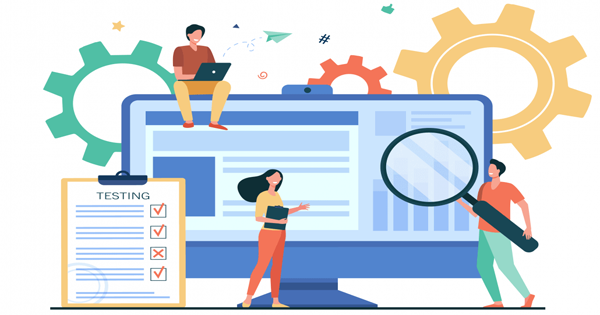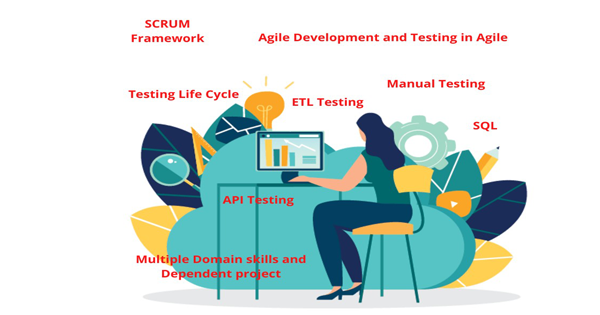A full-stack QA engineer will be comfortable working in all layers of the application and will be familiar with the bulk of its functionality.

What is a Full-Stack QA Developer?
A QA Developer working on all aspects of quality and using different testing methods to test their application is called a full-stack QA engineer. They will think about many different aspects of product quality, such as functionality, usability, performance, security, globalization, and so on.
They will be familiar with the test automation strategies and technologies. Full-stack QA Engineer has a rich blend of domain knowledge, technical skills, and testing expertise from a user-oriented perspective.
Why do we need a full-stack QA Developer?
The primary motivation for full-stack QA is the adoption of agile product development processes. As software updates are delivered more frequently, QA engineers have less time to complete all testing.
The QA Engineer must develop his skills to match the new technologies, testing techniques, and methodologies that are currently prevailing. A respected QA engineer with a range of skills can earn high salaries, enjoy job satisfaction, and have a successful career.
Role and Responsibilities:
A quality assurance specialist ensures that the final product adheres to the company’s quality standards.
- Analyze and clarification of requirements with a customer or a business analyst.
- Plan the process of testing.
- Write test cases.
- Conduct functional testing.
- Identify problem areas, add them to a tracking system.
- Discuss fixes with developers.

Typical Skills of Full-stack QA Developer:
- Strong knowledge of Agile methodology, software QA methodologies, tools, and processes.
- Ability to write test scenarios and test cases for manual testing.
- Ability to write unit and integration tests.
- Understanding of testing frameworks.
What full-stack QA engineers do?
A full-stack QA engineer needs to know the product thoroughly and understand how to test it from the user’s point of view.
- They should be involved in the early stages of the development of the feature so that they can share their advice and experiences from the testing and user point of view.
- A full-stack QA engineer needs to understand how users use the product and be concerned with its usability.
- A full-stack QA engineer will work with developers to understand the architecture of a feature, how it is implemented, and the technologies used.
- Full-stack QA engineers must think about testing efficiency. Investing in automation is key to repeatable testing. Tests can be their own and must be automated, but there must also be data or environment preparation, which is time-consuming and error-prone when done manually.
Once you have decided that software testing is what you are supposed to do, start learning from the fundamentals. What is software testing and where does it fit into the software development life cycle.